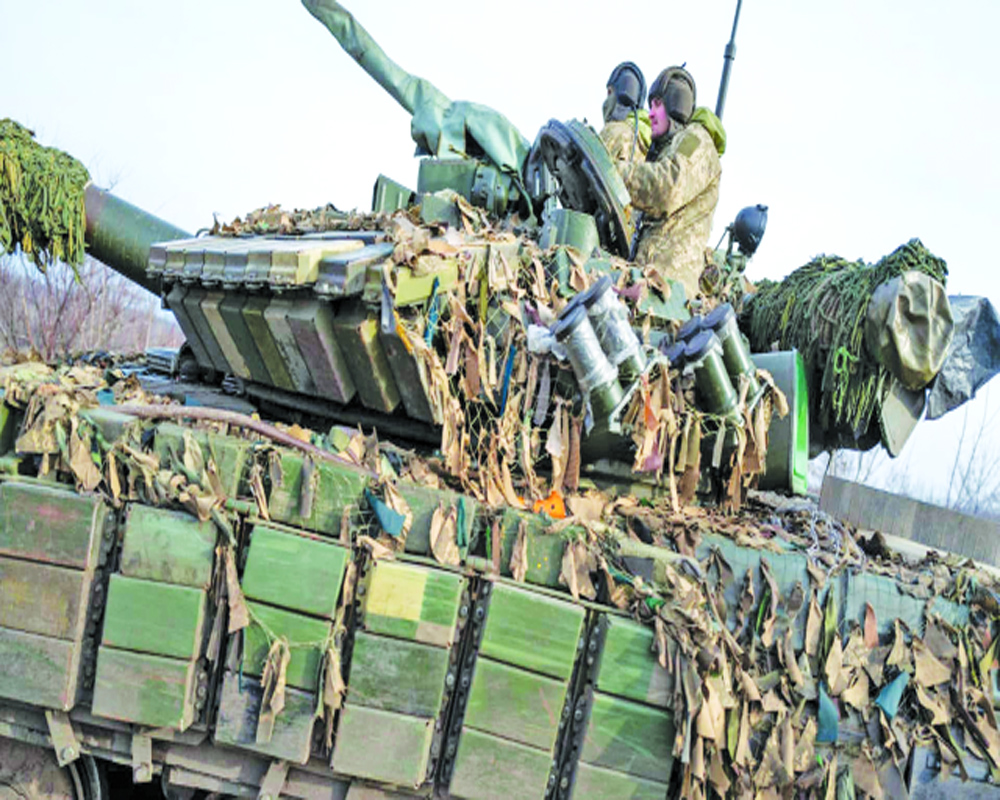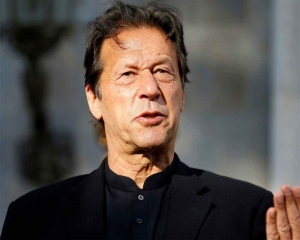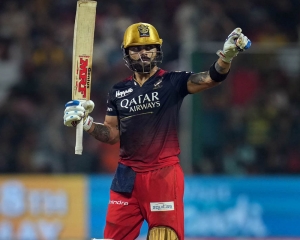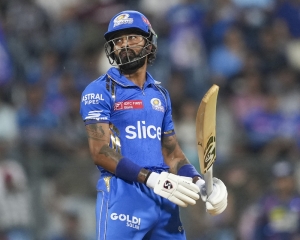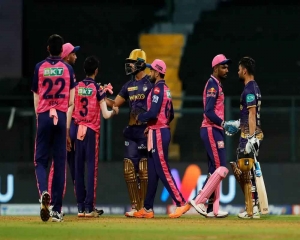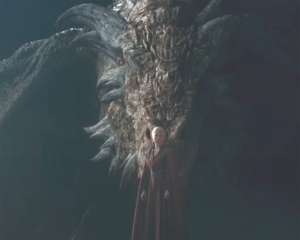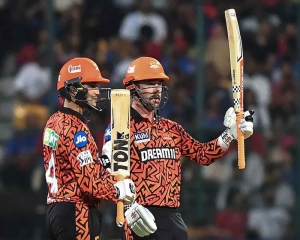The Ukraine-Russia war, if not resolved, could lead to a bigger conflict with a possible nuclear fallout
It has been a year since Russia attacked Ukraine, hoping to end it within a week. But the war is inconclusive with both sides digging their heels and no one willing to budge. In fact, the Ukraine War began in 2014 when Russia annexed Crimea from Ukraine. The conflict quickly escalated, and soon pro-Russian separatists in eastern Ukraine declared independence, leading to a civil war. The origins of the conflict can be traced back to Ukraine's decision to move closer to the West and away from Russia. Russia, which has long seen Ukraine as part of its sphere of influence, annexed Crimea in March 2014. The United States and the European Union responded with economic sanctions against Russia. In the months that followed, pro-Russian separatists in eastern Ukraine declared independence and took control of several key cities, including Donetsk and Luhansk. Ukraine responded by launching a military operation to retake the territories, leading to a brutal civil war. After the Russian invasion on February 24, there was a paradigm shift in the conflict. With the US-led West standing firmly behind Ukraine and Russia not seeing a clear victory, the situation is more precarious than ever before. Putin is already said to be exploring nuclear options. The humanitarian situation in Ukraine has been dire, with civilians on both sides of the conflict suffering.
One of the most concerning aspects of the Ukraine War is the potential for it to escalate into a larger conflict, possibly even involving nuclear weapons. Ukraine is home to several nuclear power plants, and there have been concerns that a conflict in the region could lead to a catastrophic nuclear incident. Additionally, Russia possesses a large nuclear arsenal, and any conflict between the two countries could quickly escalate to the use of nuclear weapons. Besides, the risk of a nuclear accident or miscalculation cannot be ignored. Russia has warned that any further escalation could lead to a military response. In this scenario, intervention of a neutral party is called for. As the President of the G20, India has a significant opportunity to play a constructive role in promoting peace and stability in the world, including in the ongoing conflict in Ukraine. India has traditionally maintained good relations with both Russia and Ukraine, and as a neutral party, it can act as a mediator between the two sides to help find a peaceful resolution to the conflict.













